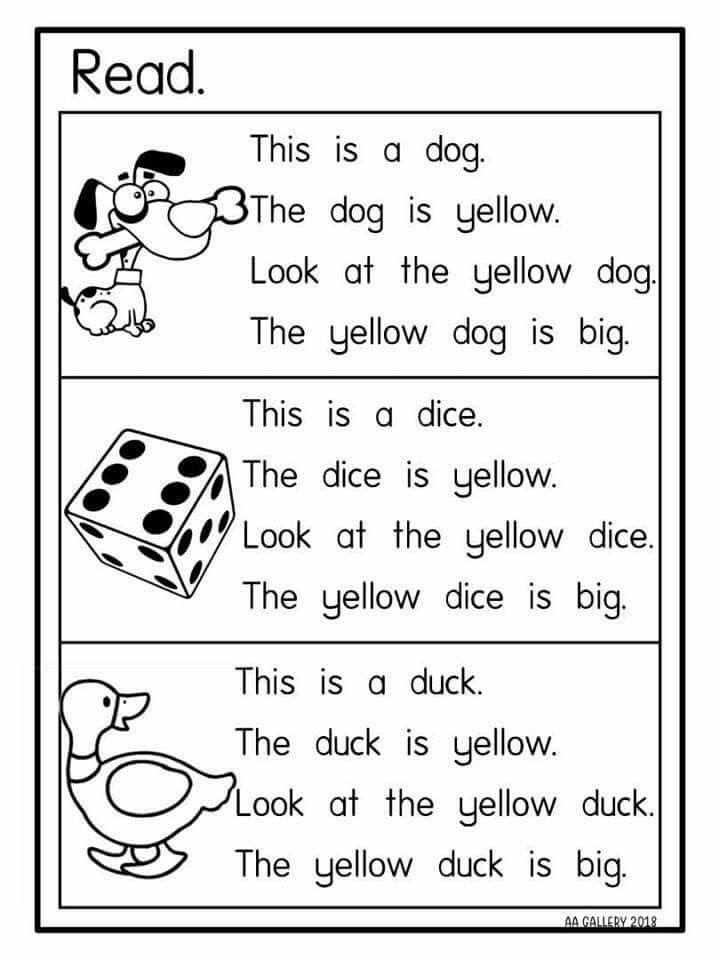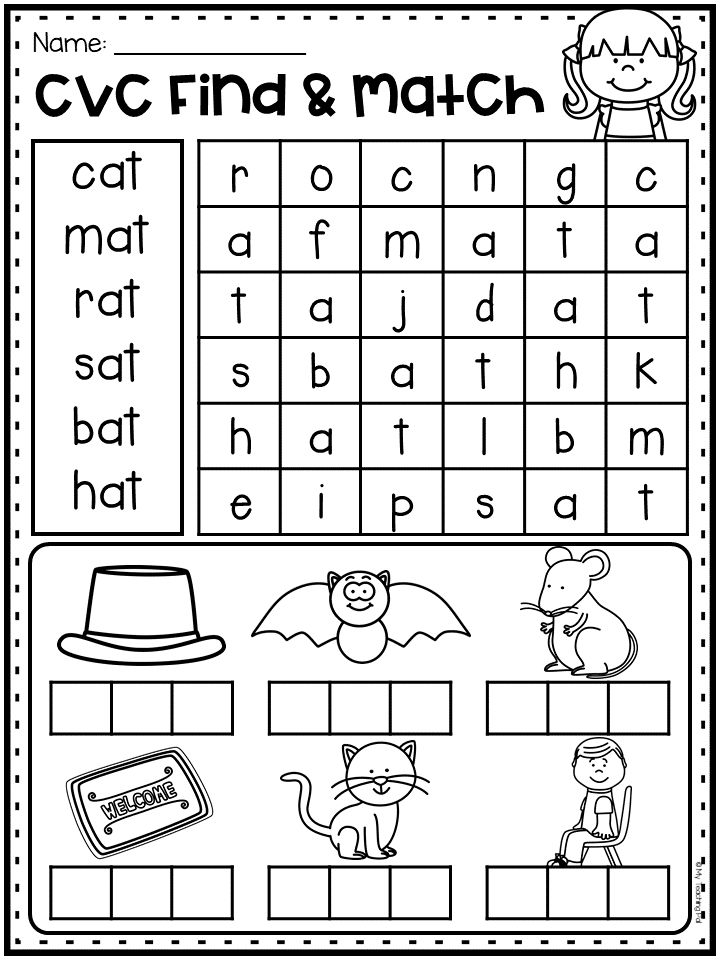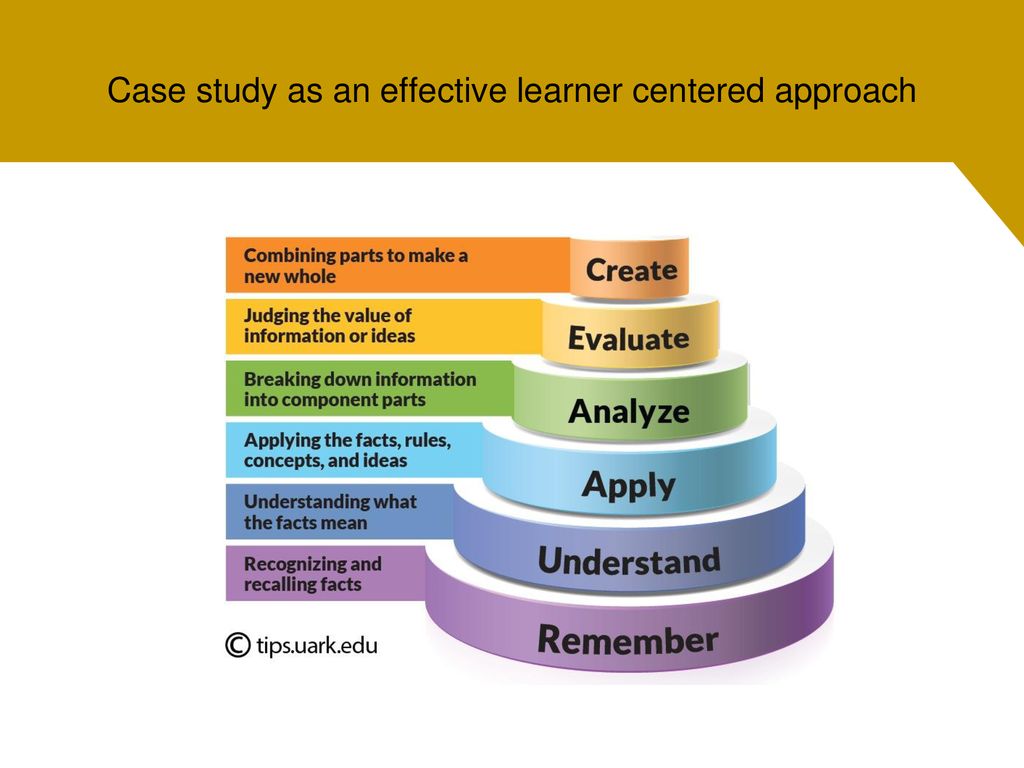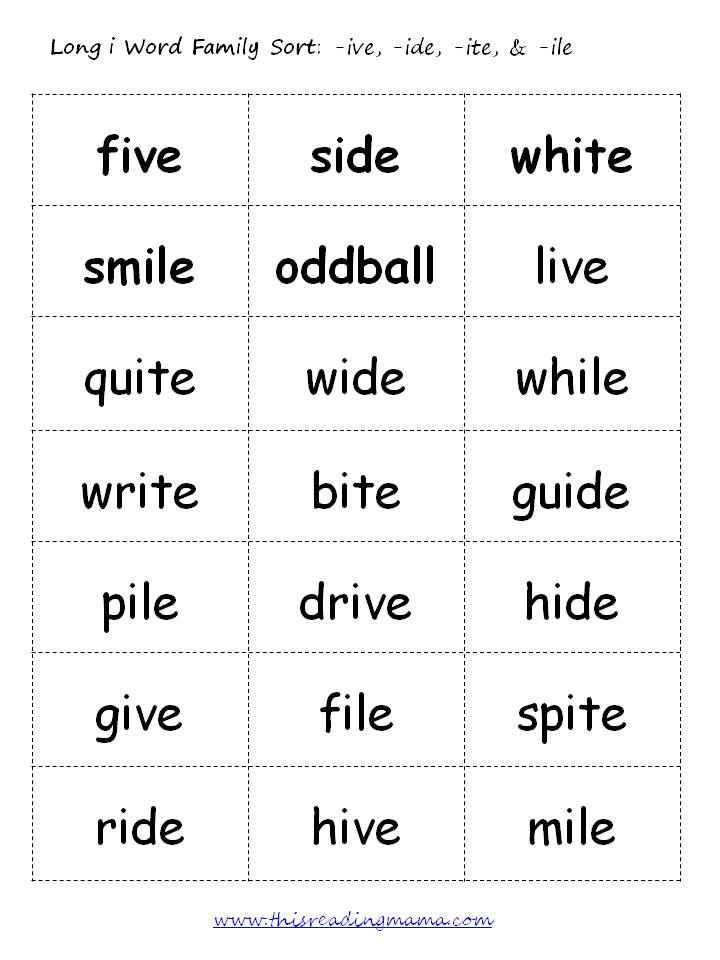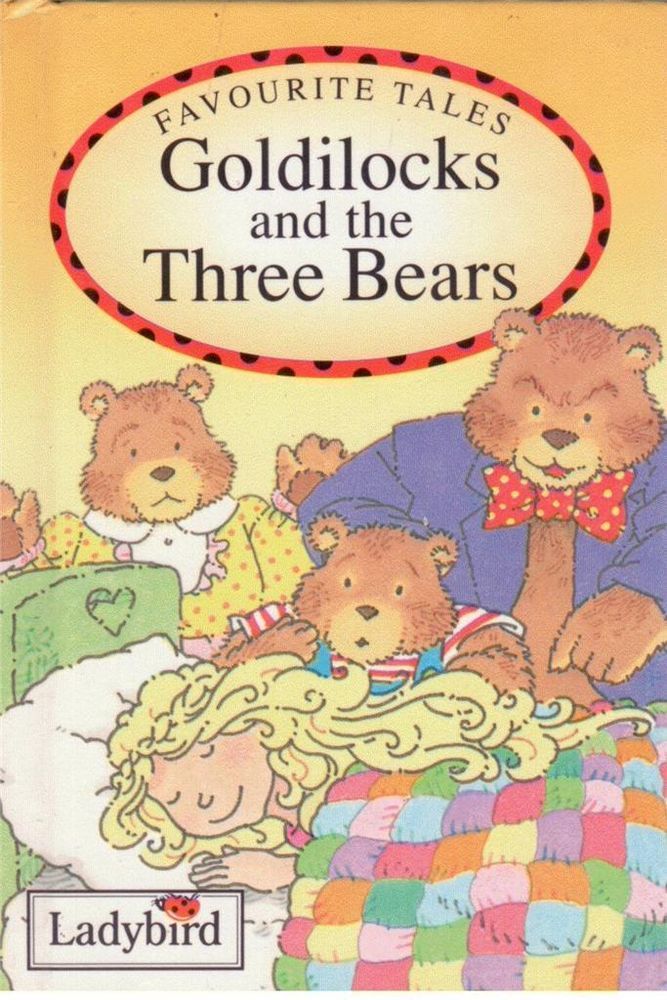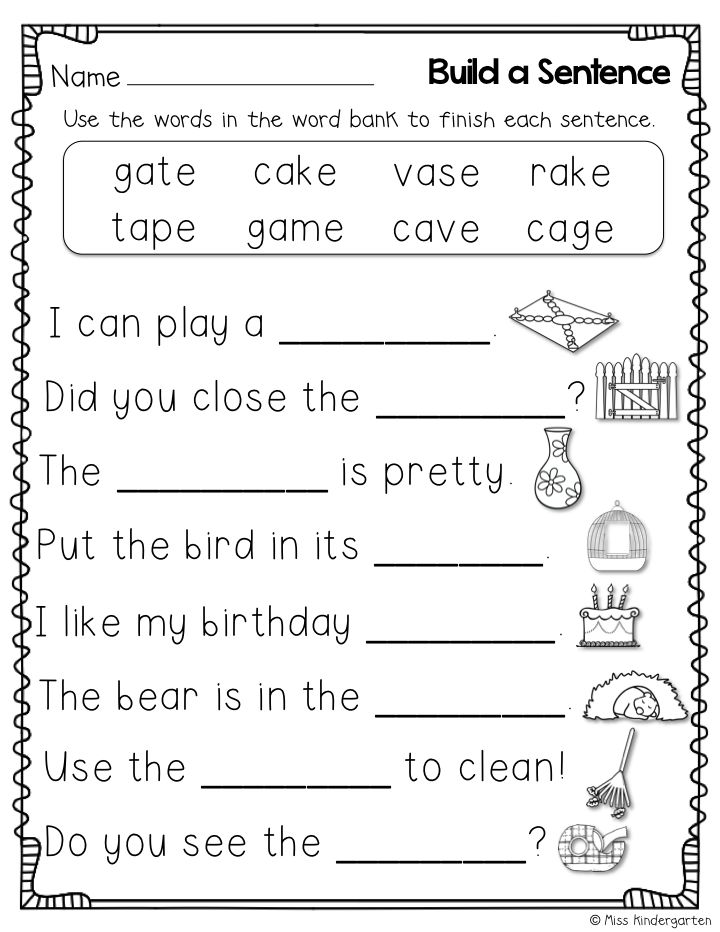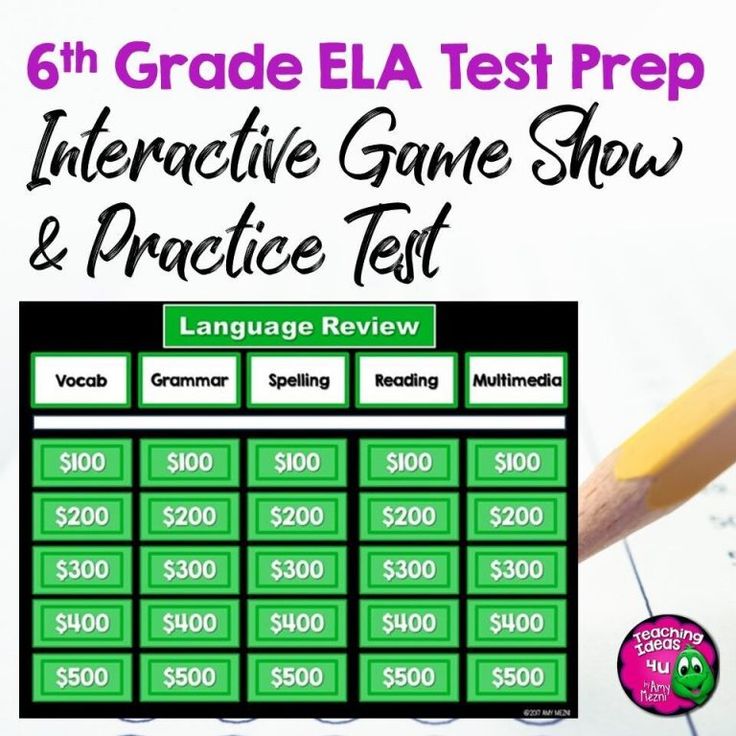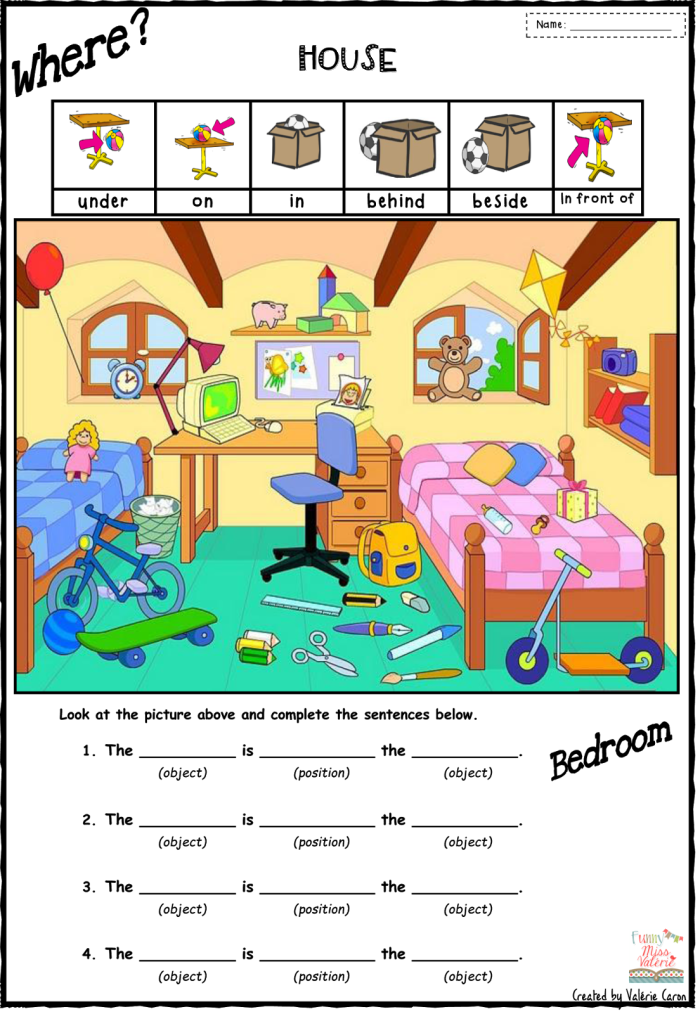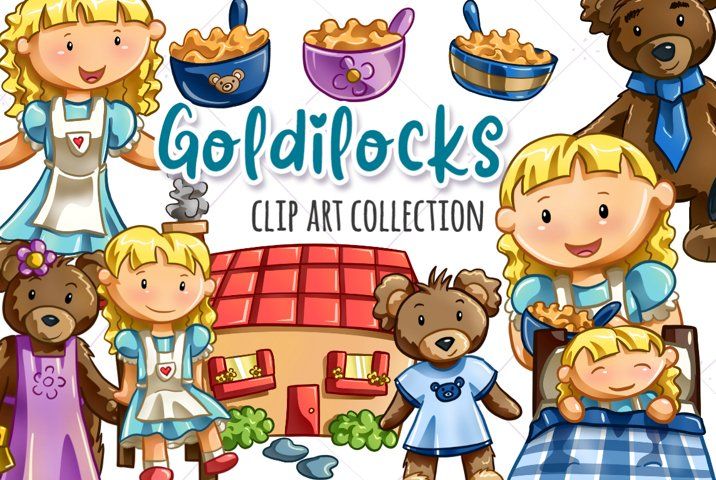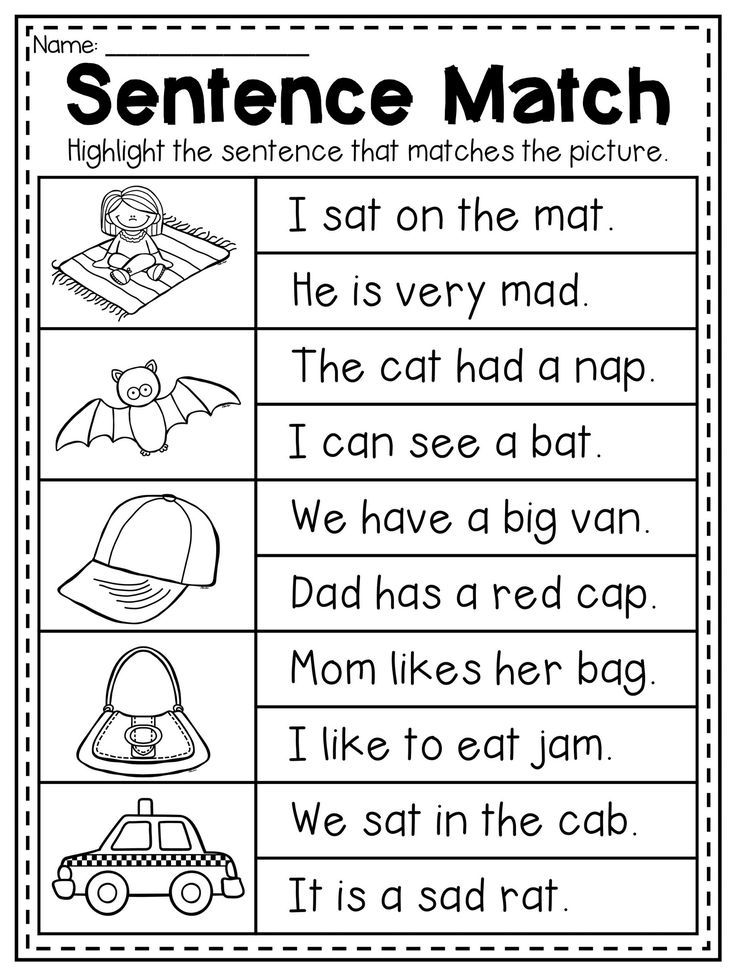How early can children learn to read
How Young Is Too Young to Learn to Read?
The key to lasting success in school is teaching academic skills as soon as a child is ready to learn. But how do we know when they’re ready? Is it ever too early to instill a love of reading?
When Do Children Learn to Read?
While most children begin reading in kindergarten or first grade, learning to read isn’t as simple as picking up a book. Children don’t and learn to decode letters, words, and sentences without help or preparation. In fact, skills that contribute to literacy later on begin developing as soon as a baby is born.
As children learn to communicate and are exposed to written language and books for the first time, they’re already reaching key milestones for reading. The age that children begin to read varies, and can depend on factors as wide ranging as cognitive development and socioeconomic differences.[6]
The PreK and kindergarten years are a critical window of opportunity for teaching kids early reading skills, and any instruction during this period will benefit children. During these years (and even before), parents and teachers can team up to help prevent reading gaps in schools. The more exposure children have to books and pre-reading activities from the start, the better prepared they will be as they learn to read.
How Language Skills Affect Reading
During infancy and early childhood, children develop language skills that lead to stronger reading abilities later on. Children’s brains develop more quickly between ages zero and five than at any other time. This is when babies and toddlers begin to build their vocabulary and understand the grammar of their native language. By the age of three, most children have mastered the basics of their language and continue to learn about 5,000 new words each year.[1]
Language skills are important because reading skills are built on the foundation of a solid vocabulary. Language and literacy are so tightly connected that, alongside familiarity with books, strengthening one positively affects the other. Children can build key literacy skills and become effective communicators as a direct result of strong language development.
Children can build key literacy skills and become effective communicators as a direct result of strong language development.
How Family Engagement Affects Reading
Research suggests that children develop strong reading skills when their parents familiarize them with books at home.[2] The most important factor that determines how early a child will begin reading is whether families encourage it. The more engaged families are in their student’s early education, the quicker fluent literacy will develop. Even in infancy, reading to babies in their native language can help them develop a positive relationship with reading at an early age.[3]
For example, children who begin to recognize the alphabet at a young age are more likely to pick up vocabulary words and learn to spell early on.[4] When children are encouraged to love reading from an early age, they’re more likely to enjoy reading and learning new things as they grow up. Helping children create simple daily habits, like reading a book aloud every day, are important to long-term literacy development.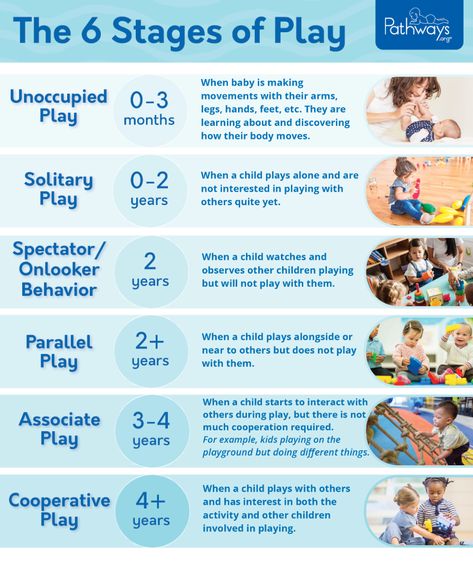 Plus, reading aloud can improve brain development during these critical early years.[5]
Plus, reading aloud can improve brain development during these critical early years.[5]
Essential Pre-Reading Skills for PreK Children
Pre-reading skills are the building blocks that help young children learn to read. There are many skills that parents and educators can help PreK students develop, such as:[3,6]
- Phonological awareness: the structure of spoken language
- Phonics: the ability to connect sounds and letters
- Fluency: the bridge from word identification to reading
- Comprehension & Vocabulary: reading as a lifelong tool for learning
- Language Concepts: the structure of written language
- Communication: reading, writing, speaking, and listening
The Benefits of Pre-Reading Skills
The benefits of these pre-reading skills extend far beyond a child’s academic achievement. Students who work on these skills before kindergarten often have a stronger sense of curiosity and better listening skills.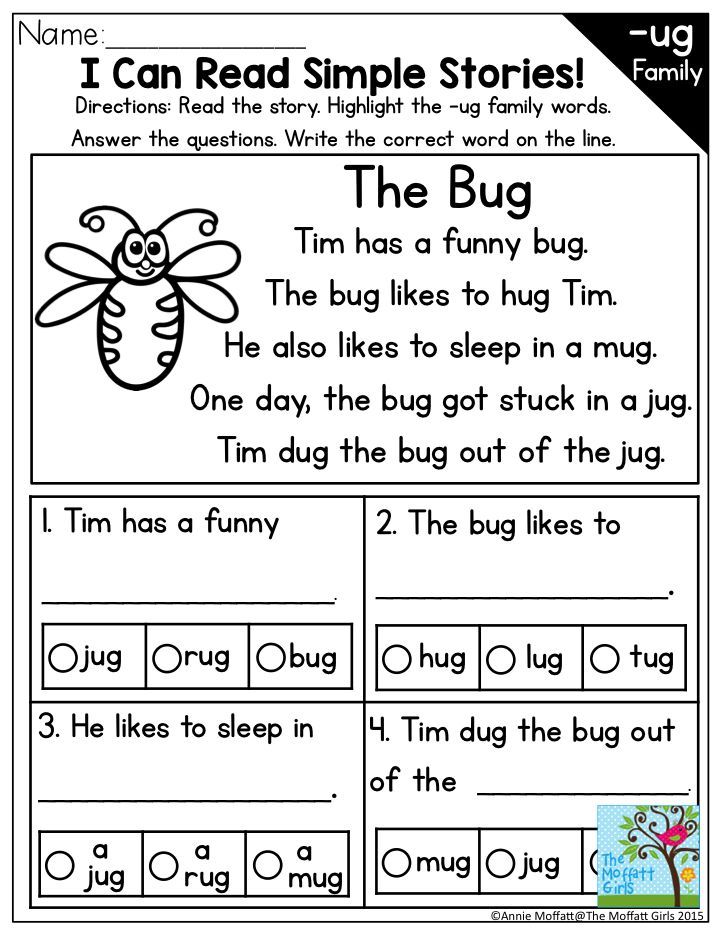 [7] While these traits can lead to student success in school, they can also contribute to better well-being and general quality of life outside of academics.
[7] While these traits can lead to student success in school, they can also contribute to better well-being and general quality of life outside of academics.
While students might learn some parts of these pre-reading skills on their own, others develop best with explicit instruction. Up to 40% of all children do not learn phonemic awareness without guidance from teachers and parents.[8] When children have the opportunity to read books and enjoy literacy activities in a structured learning environment, they are more likely to begin reading once they reach kindergarten.[9]
The benefits of learning pre-reading skills before kindergarten include:
- Higher kindergarten readiness
- Brain development
- Increased curiosity
- An intrinsic love of reading
- Better listening skills
Tips for Teaching Early Reading Skills to PreK Children
Whether you’re a PreK teacher or a parent, you can help children build essential pre-reading skills before they start elementary school.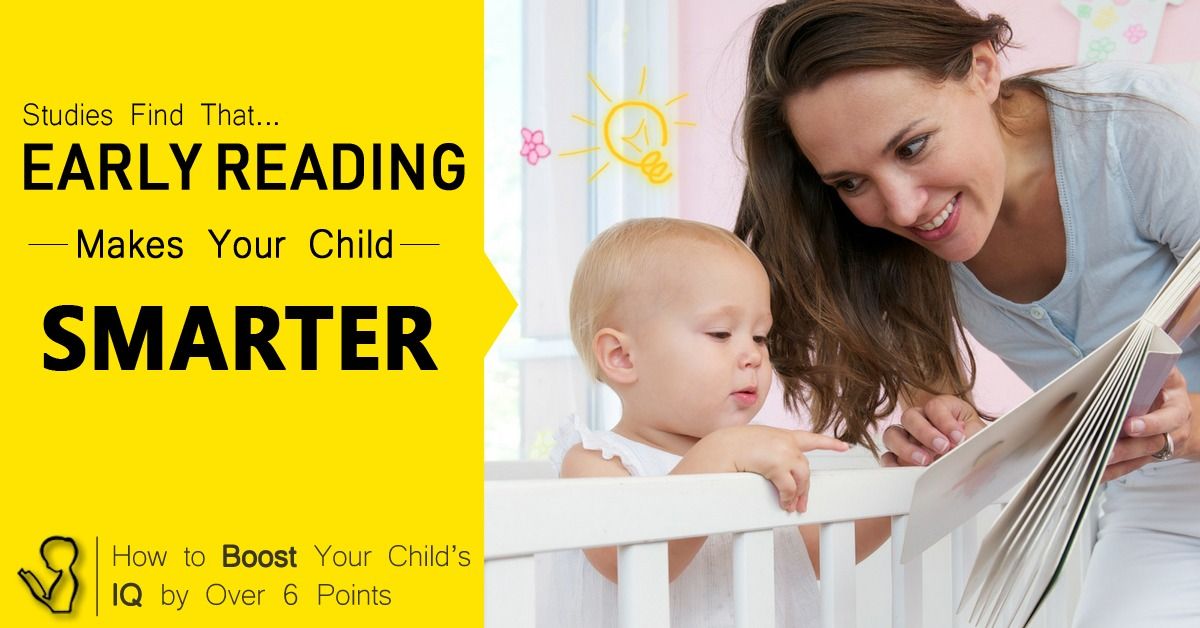 With the right strategies, every child can grow a love for reading.
With the right strategies, every child can grow a love for reading.
Use these five tips to teach literacy skills to children, and you can find even more ideas here.
- Take children to the library regularly to help them develop print recognition. To encourage an early love of reading, let them choose their own books to take home.
- Teach PreK children all 26 letters and letter names. Students are more likely to succeed in elementary school if they know letter names before kindergarten.[10]
- To encourage phonological awareness, point to a letter in a book or on a sign and ask your child to tell you what sound it makes.[8]
- Young children can have short attention spans that make long reading sessions difficult. Instead, try planning short, daily reading activities together. For example, read one or two picture books together or attend a brief PreK library event.[6]
- Ask “big picture questions” while reading aloud to children to promote critical thinking skills.
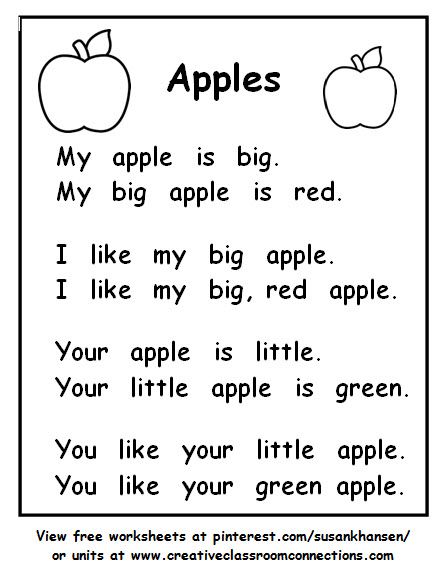 While reading a fairy tale picture book, for example, you could ask, “Why do you think the queen is so mean to Snow White? What would you do if you were her?”[9]
While reading a fairy tale picture book, for example, you could ask, “Why do you think the queen is so mean to Snow White? What would you do if you were her?”[9]
Sources:
- Miller, G.A., and Gildea, P.M. How Children Learn Words. Scientific American, September 1987, 257(3), pp. 94-99.
- Winner, E. Gifted Children. Different Strokes, 2012, pp. 75-81.
- Scholastic Corporation. Early Literacy. Retrieved from scholastic.com: http://teacher.scholastic.com/products/face/pdf/research-compendium/early-literacy.pdf.
- Ehri, L.C. Learning to Read Words: Theory, Findings, and Issues. Scientific Studies of Reading, 2005, 9, pp. 167-88.
- American Association of Pediatrics. Evidence Supporting Early Literacy and Early Learning. Retrieved from aap.org: https://www.aap.org/en-us/literacy/Literacy/For-Professionals/Evidence-Supporting-Early-Literacy-and-Early-Learning/booksbuildconnections_evidencesupportingearlyliteracyandearlylearning.
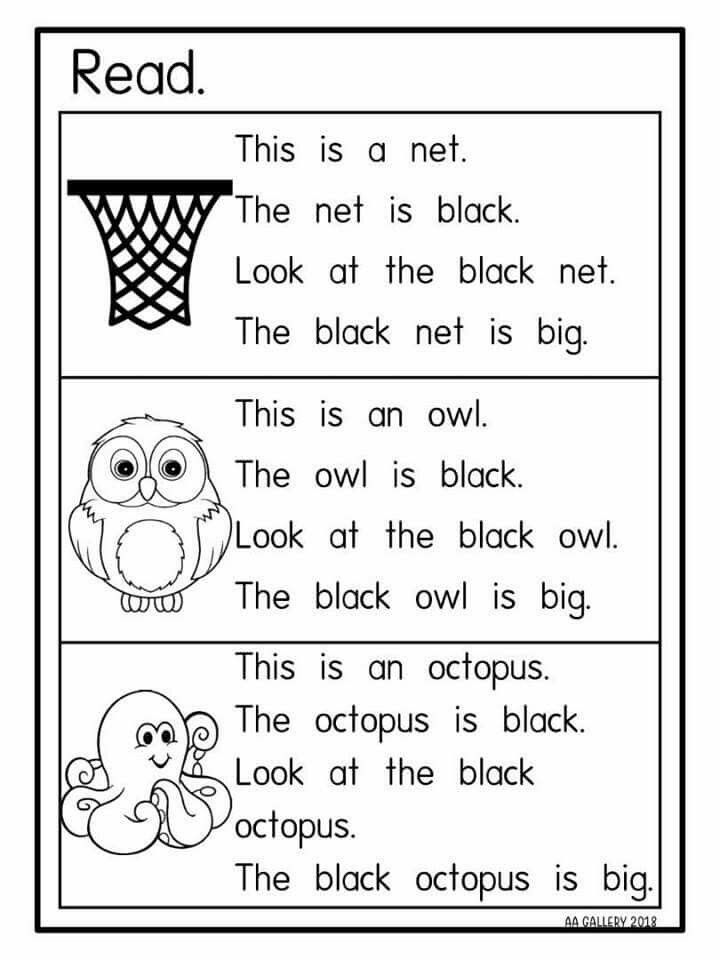 pdf.
pdf. - Rose, J. Independent review of the teaching of early reading. Investor in People Department for Education and Skills, March 2006, pp. 1-240.
- American Academy of Family Physicians. Early Childhood Literacy. Retrieved from aafp.org: https://www.aafp.org/patient-care/social-determinants-of-health/child-literacy.html.
- Grossen, B. 30 Years of Research: What We Now Know About How Children Learn To Read. Center for the Future of Teaching and Learning, 1997, pp. 1-22.
- Bailey, N.M. Teaching Reading Skills. Retrieved from www.canisus.edu: http://www3.canisius.edu/~justice/CSTmodule-final/CSTmodule-final3.html.
- American Academy of Family Physicians. Early Childhood Literacy. Retrieved from aafp.org: https://www.aafp.org/patient-care/social-determinants-of-health/child-literacy.html.
What is the best age to learn to read?
Loading
Family Tree | Education
What is the best age to learn to read?
(Image credit: Ozge Elif Kizil/Anadolu Agency via Getty Images)
By Melissa Hogenboom
2nd March 2022
In some countries, kids as young as four learn to read and write.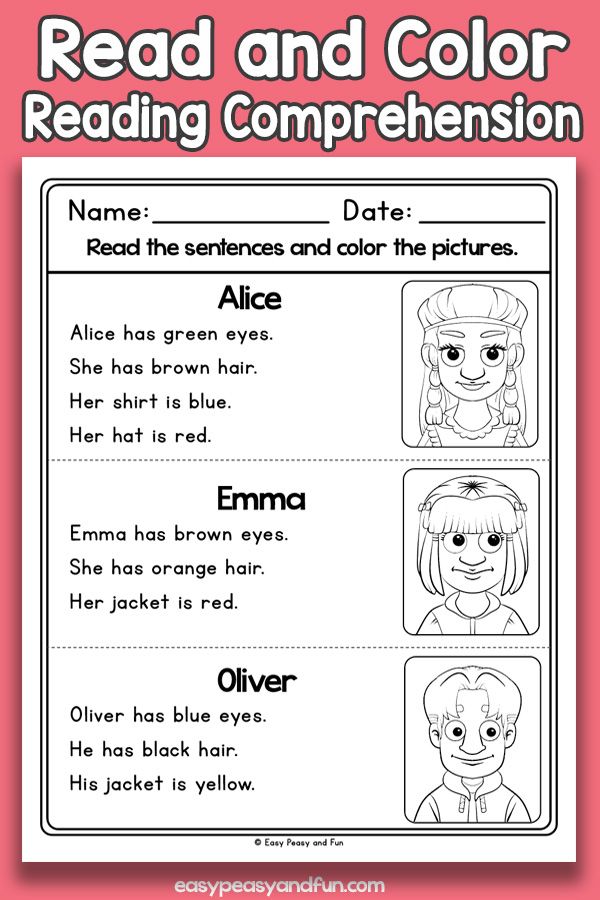 In others, they don't start until seven. What's the best formula for lasting success? Melissa Hogenboom investigates.
In others, they don't start until seven. What's the best formula for lasting success? Melissa Hogenboom investigates.
I
I was seven years old when I started to learn to read, as is typical of the alternative Steiner school I attended. My own daughter attends a standard English school, and started at four, as is typical in most British schools.
Watching her memorise letters and sound out words, at an age when my idea of education was climbing trees and jumping through puddles, has made me wonder how our different experiences shape us. Is she getting a crucial head-start that will give her lifelong benefits? Or is she exposed to undue amounts of potential stress and pressure, at a time when she should be enjoying her freedom? Or am I simply worrying too much, and it doesn't matter at what age we start reading and writing?
There's no doubt that language in all its richness – written, spoken, sung or read aloud – plays a crucial role in our early development. Babies already respond better to the language they were exposed to in the womb.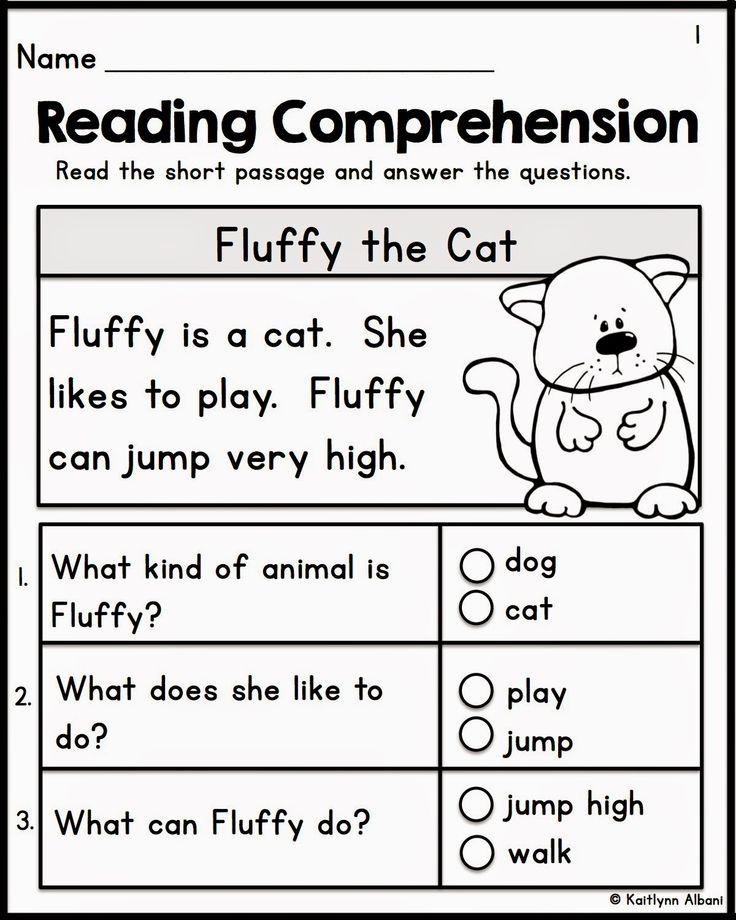 Parents are encouraged to read to their children before they are even born, and when they are babies. Evidence shows that how much or how little we are talked to as children can have lasting effects on future educational achievement. Books are a particularly important aspect of that rich linguistic exposure, since written language often includes a wider and more nuanced and detailed vocabulary than everyday spoken language. This can in turn help children increase their range and depth of expression.
Parents are encouraged to read to their children before they are even born, and when they are babies. Evidence shows that how much or how little we are talked to as children can have lasting effects on future educational achievement. Books are a particularly important aspect of that rich linguistic exposure, since written language often includes a wider and more nuanced and detailed vocabulary than everyday spoken language. This can in turn help children increase their range and depth of expression.
Since a child's early experience of language is considered so fundamental to their later success, it has become increasingly common for preschools to begin teaching children basic literacy skills even before formal education starts. When children begin school, literacy is invariably a major focus. This goal of ensuring that all children learn to read and write has become even more pressing as researchers warn that the pandemic has caused a widening achievement gap between wealthier and poorer families, increasing academic inequality.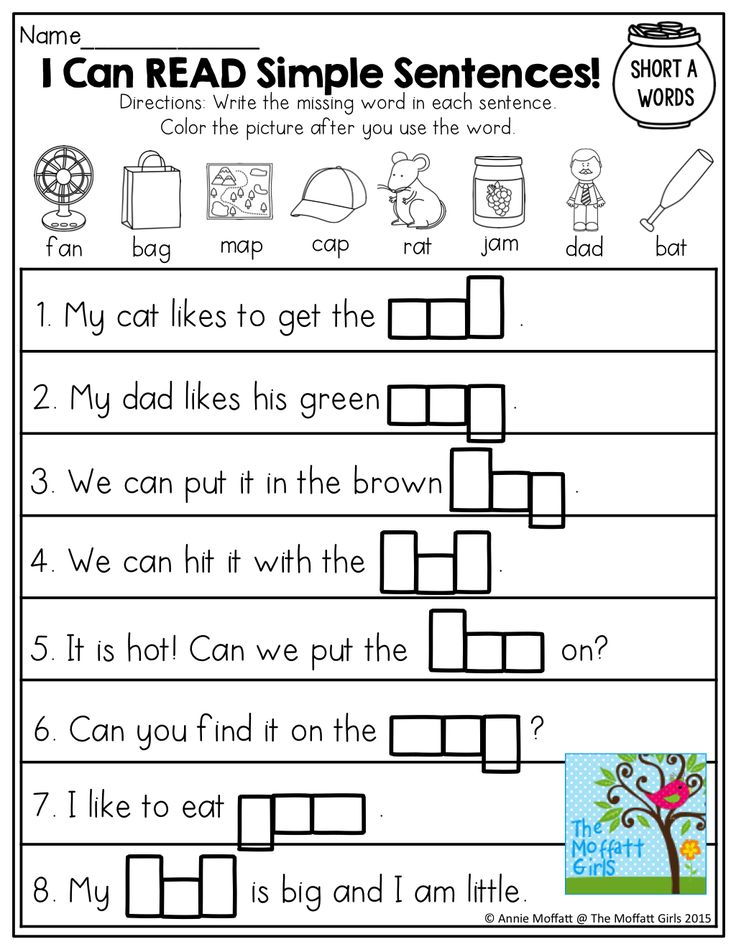
There are many ways to enjoy reading. In this Namibian school, blind and visually impaired children learn the Braille script (Credit: Oleksandr Rupeta/NurPhoto/Getty Images)
Family Tree
In many countries, formal education starts at four. The thinking often goes that starting early gives children more time to learn and excel. The result, however, can be an "education arms race", with parents trying to give their child early advantages at school through private coaching and teaching, and some parents even paying for children as young as four to have additional private tutoring.
Compare that to the more play-based early education of several decades ago, and you can see a huge change in policy, based on very different ideas of what our children need in order to get ahead. In the US, this urgency sped up with policy changes such as the 2001 "no child left behind" act, which promoted standardised testing as a way to measure educational performance and progress. In the UK, children are tested in their second year of school (age 5-6) to check they are reaching the expected reading standard. Critics warn that early testing like this can put children off reading, while proponents say it helps to identify those who need additional support.
In the UK, children are tested in their second year of school (age 5-6) to check they are reaching the expected reading standard. Critics warn that early testing like this can put children off reading, while proponents say it helps to identify those who need additional support.
However, many studies show little benefit from an early overly-academic environment. One 2015 US report says that society's expectations of what children should achieve in kindergarten has changed, which is leading to "inappropriate classroom practices", such as reducing play-based learning.
The risk of "schoolification"
How children learn and the quality of the environment is hugely important. "Young children learning to read is one of the most important things primary education does. It's fundamental to children making progress in life," says Dominic Wyse, a professor of primary education at University College London, in the UK. He, alongside sociology professor Alice Bradbury, also at UCL, has published research proposing that the way we teach literacy really matters.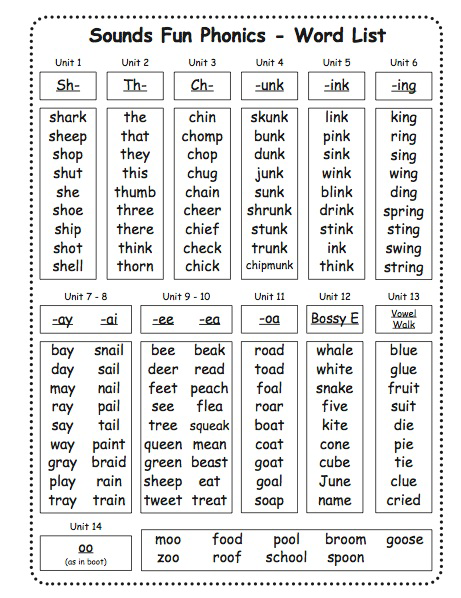
In a 2022 report, they state that English school system's intense focus on phonics – a method that involves matching the sound of a spoken word or letter, with individual written letters, through a process called "sounding out" – could be failing some children.
A reason for this, says Bradbury, is that the "schoolification of early years" has resulted in more formal learning earlier on. But the tests used to assess that early learning may have little to do with the skills actually needed to read and enjoy books or other meaningful texts.
For example, the tests may ask pupils to "sound out" and spell nonsense words, to prevent them from simply guessing, or recognising familiar words. Since nonsense words are not meaningful language, children may find the task difficult and puzzling. Bradbury found that the pressure to gain these decoding skills – and pass reading tests – also means that some three-year-olds are already being exposed to phonics.
"It doesn't end up being meaningful, it ends up being memorising rather than understanding context," says Bradbury.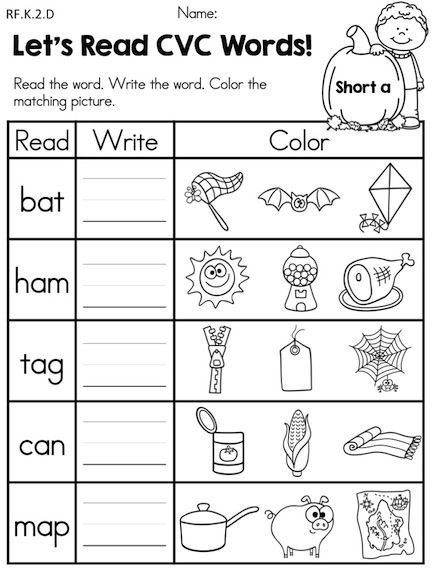 She also worries that the books used are not particularly engaging.
She also worries that the books used are not particularly engaging.
Language in all its richness – written, spoken, sung or read aloud – plays a crucial role in our early development (Credit: Xie Chen/VCG via Getty Images)
Neither Wyse nor Bradbury make the case for later learning per se, but rather highlight that we should rethink the way children are taught literacy. The priority, they say, should be to encourage an interest in and familiarity with words, using storybooks, songs and poems, all of which help the child pick up the sounds of words, as well as expanding their vocabulary.
This idea is backed up by studies that show that the academic benefits of preschool fade away later on. Children who attend intensive preschools do not have higher academic abilities in later grades than those who did not attend such preschools, several studies now show. Early education can however have a positive impact on social development – which in turn feeds into the likelihood of graduation from school and university as well as being associated with lower crime rates.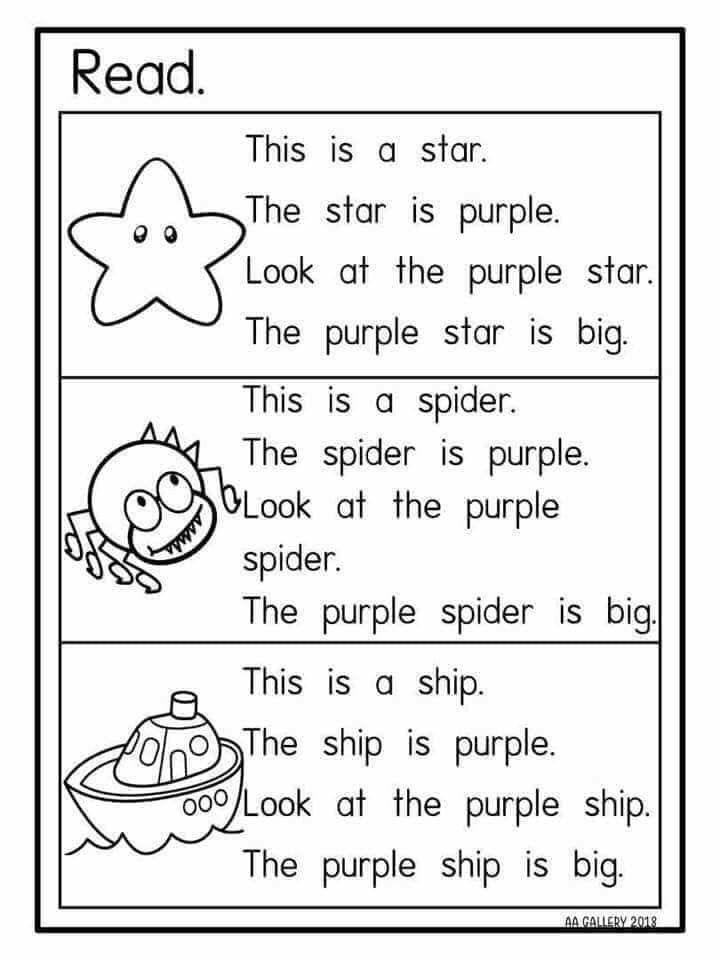 In short, attending preschool can have positive effects on later achievement in life, but not necessary on academic skills.
In short, attending preschool can have positive effects on later achievement in life, but not necessary on academic skills.
Too much academic pressure may even cause problems in the long run. A study published in January 2022 suggested that those who attended a state-funded preschool with a strong academic emphasis, showed lower academic achievements a few years later, compared to those who had not gained a place.
This chimes with research on the importance of play-based learning in the early years. Child-led play-based preschools have better outcomes than more academically focussed preschools, for example.
One 2002 study found that "children's later school success appears to have been enhanced by more active, child-initiated early learning experiences", and that overly formalised learning could have slowed progress. The study concluded that "pushing children too soon may actually backfire when children move into the later elementary school grade".
Similarly, another small study found that disadvantaged children in the US who were randomly assigned to a more play-based setting had lower behavioural issues and emotional impairments at age 23, compared to children who had been randomly assigned to a more "direct instruction" setting.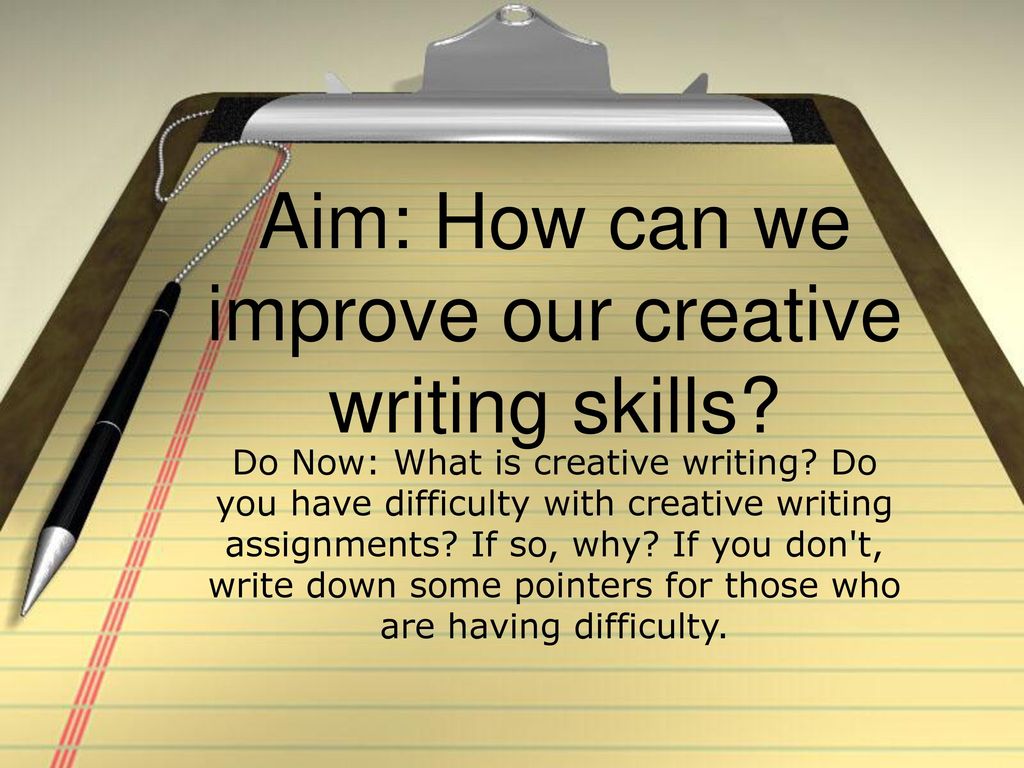
Preschool studies like these don't shed light on the impact of early literacy per se, and small studies in single locations must always be treated with care, but they suggest that how it is taught, matters. One reason why early education can result in positive social outcomes later in life may have nothing to do with the teaching at all, but with the fact that it provides childcare. This means parents can work uninterrupted and provide more income to the family home.
Anna Cunningham, a senior lecturer in psychology at Nottingham Trent University who studies early literacy, argues that if a setting is too academically focused early on, it can cause the teachers to become stressed over tests and results, which can in turn affect the kids. "Of course it's not good to judge a five-year-old on their results," she says. Parental anxiety about how well their child is doing at school can also feed into this: according to a survey commissioned by an educational charity in the UK, school performance is one of parents' top concerns.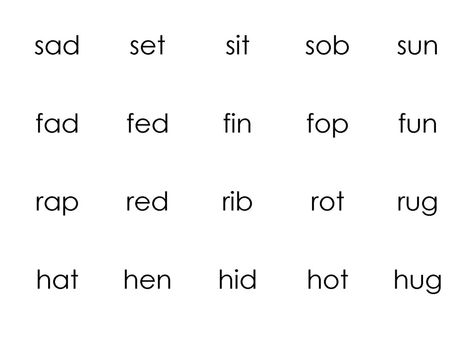
With the right support, children can learn to read in a wide range of settings, like this open-air school in Dhaka, Bangladesh (Credit: Anadolu Agency via Getty Images)
Later start, better outcomes?
Not everyone favours an early start. In many countries, including Germany, Iran and Japan, formal schooling starts at around six. In Finland, often hailed as the country with one of the best education system in the world, children begin school at seven.
Despite that apparent lag, Finnish students score higher in reading comprehension than students from the UK and the US at age 15. In line with that child-centred approach, the Finnish kindergarten years are filled with more play and no formal academic instruction.
Following this model, a 2009 University of Cambridge review proposed that the formal school age should be pushed back to six, giving children in the UK more time "to begin to develop the language and study skills essential to their later progress", as starting too early could "risk denting five-year-olds' confidence and causing long-term damage to their learning".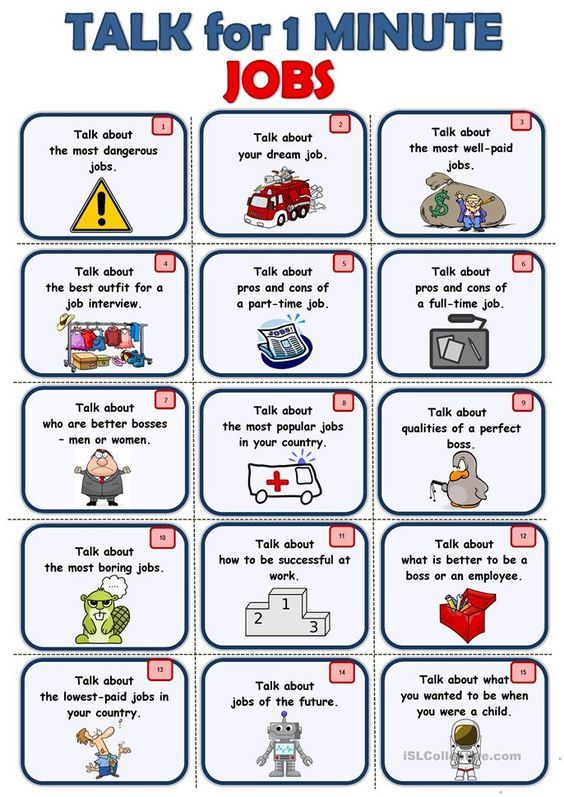
Research does back up this idea of starting later. One 2006 kindergarten study in the US showed there was improvement in test scores for children who delayed entry by one year.
Other research comparing early versus late readers, found that later readers catch up to comparable levels later on – even slightly surpassing the early readers in comprehension abilities. The study, explains lead author Sebastian Suggate, of the University of Regensburg in Germany, shows that learning later allows children to more efficiently match their knowledge of the world – their comprehension – to the words they learn. "It makes sense," he says. "Reading comprehension is language, they've got to unlock the ideas behind it."
"Of course if you spend more time focusing on language earlier on, you are building a strong foundation of skills that takes years to develop. Reading can be picked up quickly but for language (vocabulary and comprehension) there's no cheap tricks. It's hard work," says Suggate.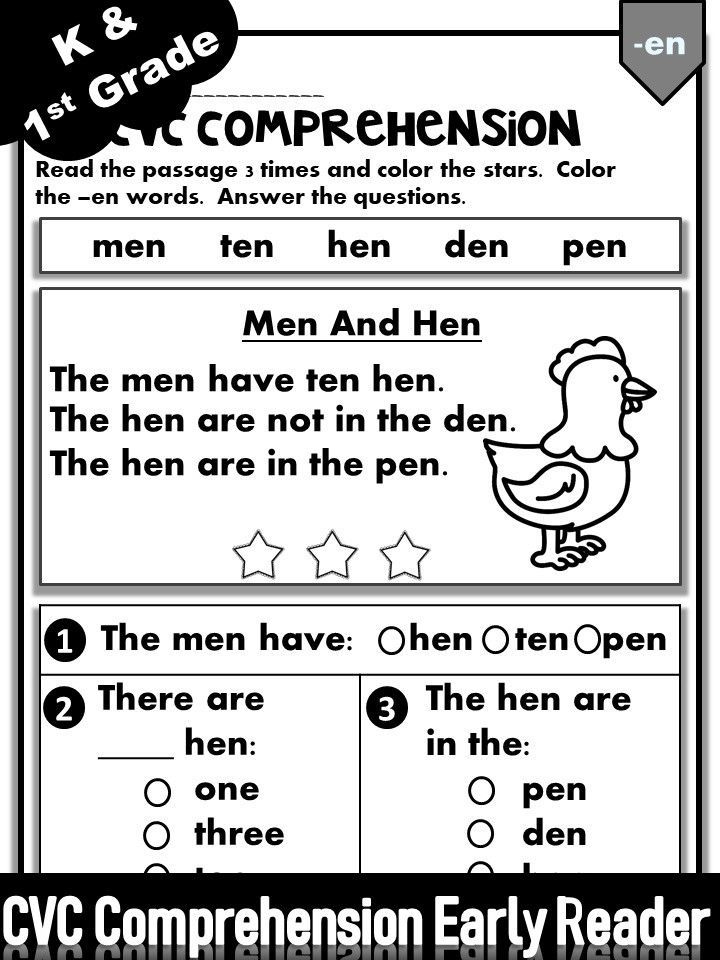 In other work looking at differing school entry ages, he found that learning to read early had no discernible benefits at age 15.
In other work looking at differing school entry ages, he found that learning to read early had no discernible benefits at age 15.
The question remains that if reading ability is not improved by learning early, then why start early? Individual variation in reading appetite and ability are one important aspect.
"Children are hugely different in terms of their foundational skills when they start school or start learning to read," explains Cunningham. In her study of Steiner-educated children, who only start formal education at about seven, she had to exclude 40% of the sample as the children could already read. "I think that's because they were ready for it," she says. She also found the older children were more ready "to learn the process to read in terms of their underlying language skills" because they had had three extra years of language exposure.
World Book Day celebrates the joy of reading, and has become increasingly popular. Here, British Olympic Gold Medallist Greg Rutherford joins in (Credit: Matt Alexander/PA Wire)
Studies also show that reading ability is more closely linked to a child's vocabulary than to their age, and that spoken language skills are a high predictor of later literary skills.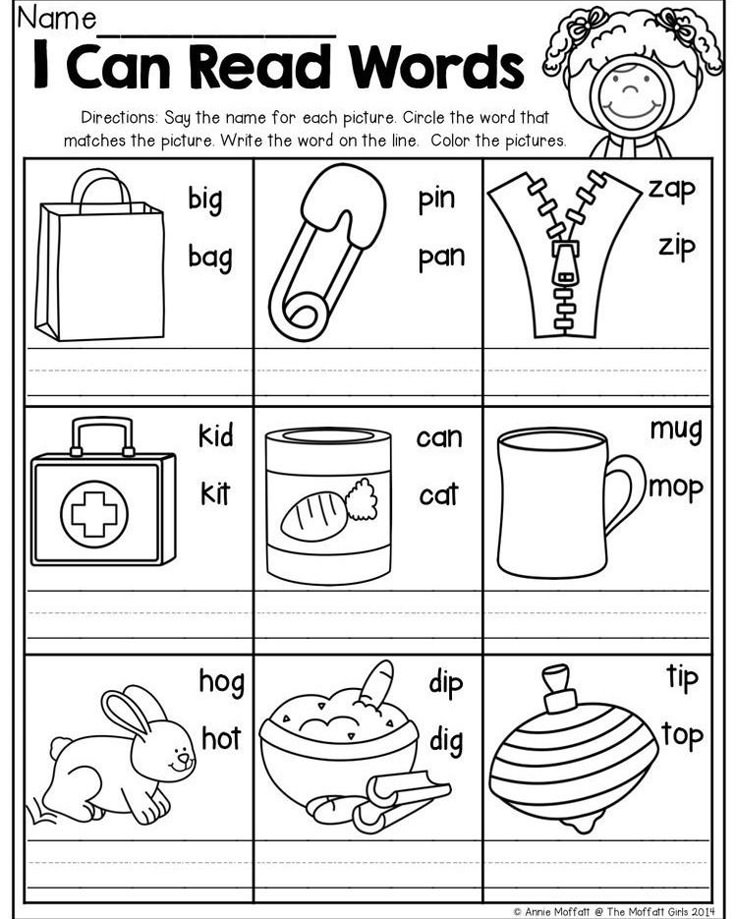 However, we know that many children who enter school are behind on their language skills, especially those from disadvantaged backgrounds. Some argue that formal teaching allows these children to access the support and skills that others may pick up informally at home. This line of thinking is espoused by UK educational authorities, who say that teaching reading early to those behind on their spoken language is "the only effective route to closing this [language ability] gap".
However, we know that many children who enter school are behind on their language skills, especially those from disadvantaged backgrounds. Some argue that formal teaching allows these children to access the support and skills that others may pick up informally at home. This line of thinking is espoused by UK educational authorities, who say that teaching reading early to those behind on their spoken language is "the only effective route to closing this [language ability] gap".
Others favour the opposite approach, of immersing children in an environment where they can enjoy and develop their language comprehension, which is after all central to reading success. This is exactly what a playful learning setting helps encourage. "The job of teaching is to assess where your children are and give them the most appropriate teaching related to their level of development," says Wyse. The 2009 Cambridge review echoed this and stated: "There is no evidence that a child who spends more time learning through lessons – as opposed to learning through play – will 'do better' in the long run.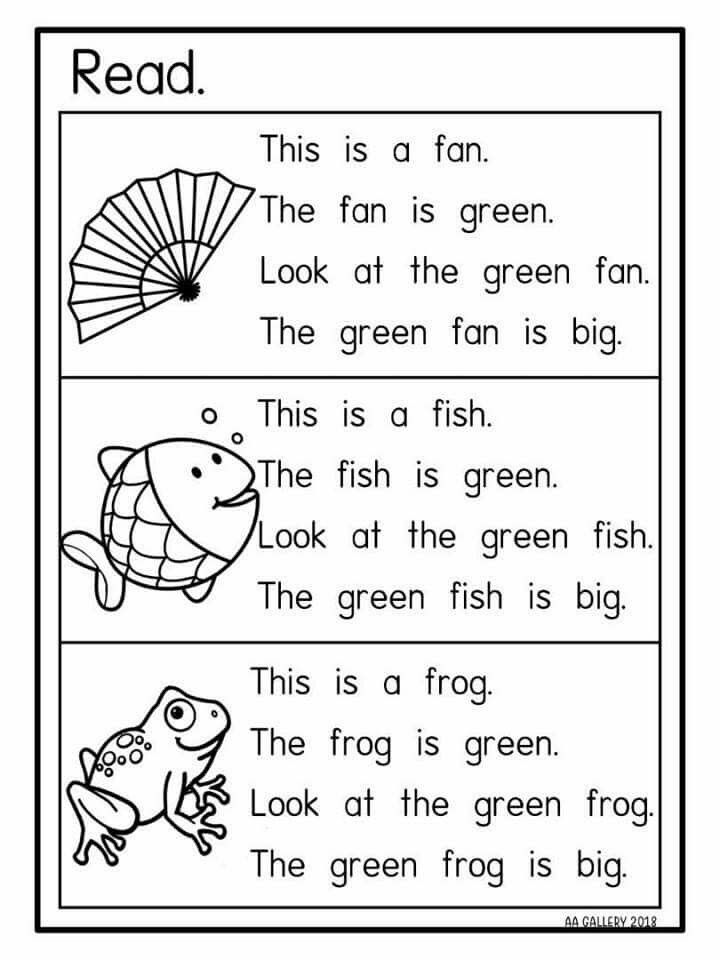 "
"
Cunningham, whose daughter has also recently started learning to read, has a reassuringly generous view of the ideal reading age: "It doesn't matter whether you start to read at four or five or six as long as the method they are taught is a good, evidenced method. Children are so resilient they will find opportunities to play in any context."
Our obsession with early literacy appears to be somewhat unfounded, then – there's no need, nor clear benefit of rushing it. On the other hand, if your child is starting early, or shows an independent interest in reading before their school offers it, that's fine too, as long as there is plenty of opportunity to down tools and have fun along the way.
* Melissa Hogenboom is the editor of BBC Reel. Her book, The Motherhood Complex, is out now. She is @melissasuzanneh on Twitter.
--
Join one million Future fans by liking us on Facebook, or follow us on Twitter or Instagram.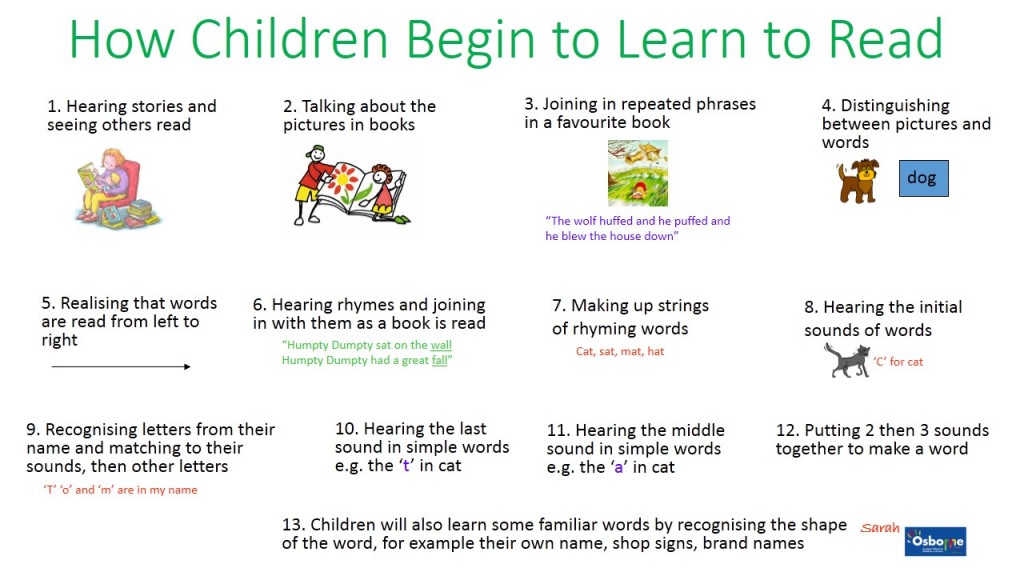
If you liked this story, sign up for the weekly bbc.com features newsletter, called "The Essential List". A handpicked selection of stories from BBC Future, Culture, Worklife, Travel and Reel delivered to your inbox every Friday.
How to teach a child to read - KP.RU
Komsomolskaya Pravda
It takes three or four years to teach a child to read. Photo: Vladimir VELENGURIN
A child's ability to read is one of the main reasons for boasting on the playground. In pursuit of early development, parents begin to teach their child to read as early as one or two years. Such an approach, on the contrary, can only harm. nine0004
As physiologists say, the brain of a child at this age is not yet sufficiently formed. And early learning to read is an attempt to get the baby to do what he is physically unable to do yet. This leads to the fact that in the future the child cannot read normally - in the literal sense, he looks into the book and sees a fig. And instead of enjoying what he read, he only feels tired from incomprehensible words and sentences.
And early learning to read is an attempt to get the baby to do what he is physically unable to do yet. This leads to the fact that in the future the child cannot read normally - in the literal sense, he looks into the book and sees a fig. And instead of enjoying what he read, he only feels tired from incomprehensible words and sentences.
In addition, at each age the body has different tasks. And at three, four or five years old, it is much more important for children to socialize and learn how to communicate with other people. They will learn to read later, it's okay, but the communication skill may never develop. nine0004
When to start teaching a child to read
The optimal age to teach a child to read is three to four years. But children grow and develop differently. Someone grows up to books at the age of three, and someone at seven, and there is nothing wrong with that.
It's time to start teaching your baby to read if he:
- He speaks well enough, uses full phrases, can describe the environment.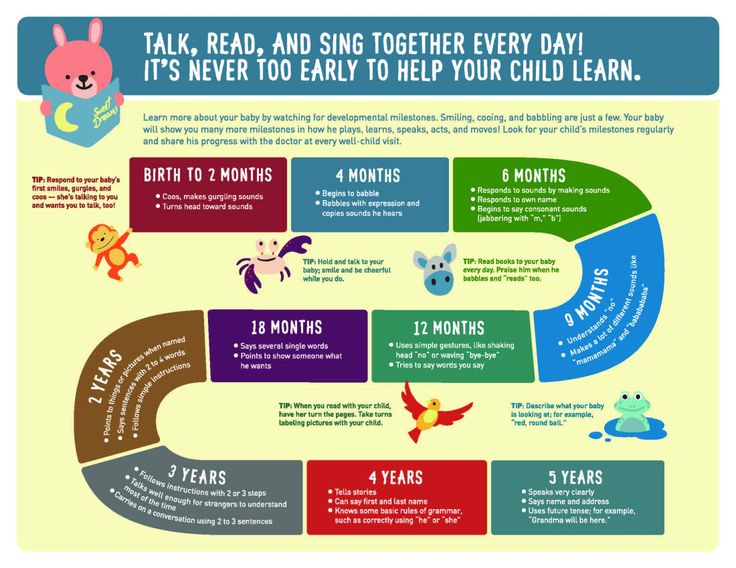
- Pronounces all letters (if not, run to a speech therapist!). nine0004
- Oriented with directions, knows where up-down and right-left.
Even if the child is all right on all three counts, this does not mean that he should immediately be put at the primer. There are different methods and it is worth trying a combination of them to understand what works best for your child.
The Maria Montessori Method
Good for a first introduction to letters. Try to draw different hooks and loops with your child, mold them from plasticine. It turned out - start sculpting and drawing individual letters and say their names aloud. nine0004
The point is that the child remembers how the letters look and their outlines. And then it will be easier for him to switch from block letters to capital letters.
Then you can look for familiar shapes in the primer and other books, on street signs during a walk, or even on food packages. By the way, cookies or soup with noodles in the form of an alphabet will also come in handy here.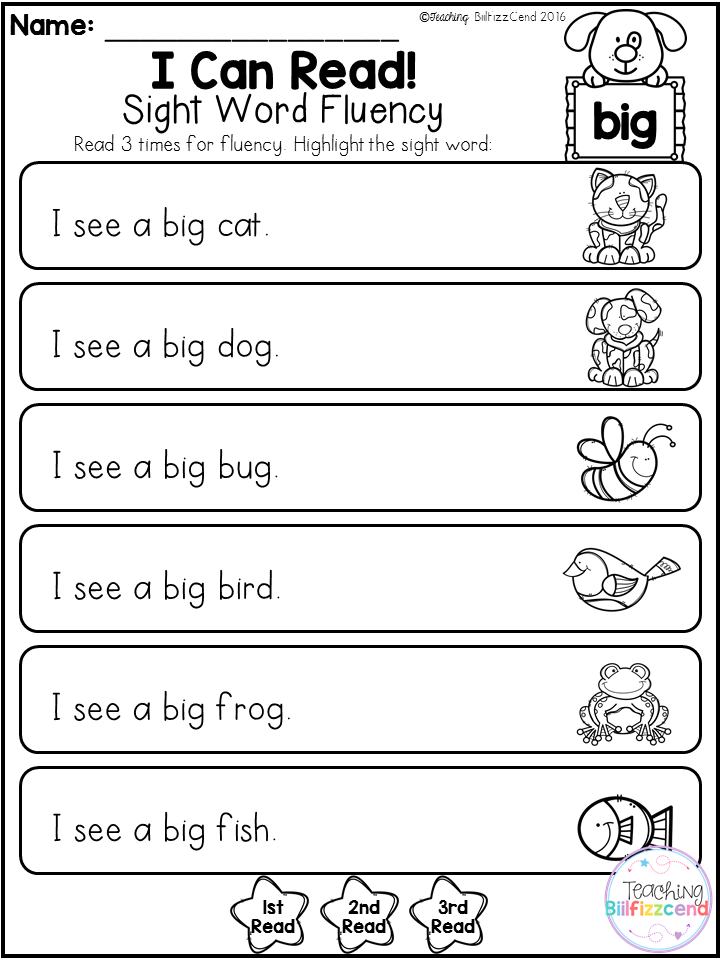
Nikolai Zaitsev's method
When a child has more or less mastered individual letters, you can start teaching him to read in syllables. A warehouse is a combination of two letters, for example, "ma", "ba", "t", "pr" and others. nine0004
To begin with, it is better to choose those that end in vowels - it will be easier for the child to pronounce them. Such warehouses can be loudly pronounced and even sung, and they are easy to connect with each other.
Dice can come in handy here. It is better to choose immediately those on which a whole syllable is written. From them it will be easier for the child to make a meaningful word.
The Glenn Doman Method
There are whole sets in stores with special cards that will help your child learn to read using this method. Its essence is that children do not learn individual letters or syllables, but immediately remember how to spell this or that word written on the card
After the baby has memorized 10-15 words, they begin to make sentences out of them, and short stories out of the sentences.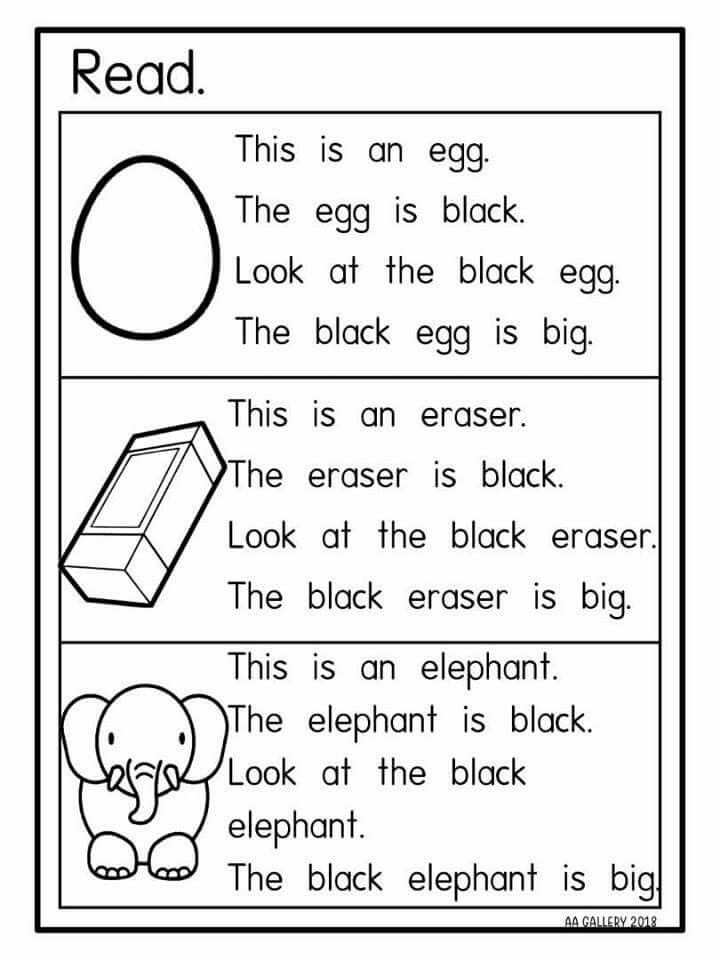
Basic rules
A child will learn to read anyway, sooner or later. Something did not work out right away - this is not a reason for shouting and punishing. If a child is scolded for not being able to do something, hormones are produced in his body from stress, which only change him more to remember something new.
All classes at this age should be in the form of a game, then the child will study with pleasure and pleasure, and will learn faster. It is better to practice for 15 minutes, but every day, than about three hours on the weekend. nine0004
It is worth moving on to the new only when the child has memorized the old. And most importantly, often praise for real successes and come up with your own reward system to maintain interest in learning.
Age category of the site 18+
The online publication (website) is registered by Roskomnadzor, certificate El No. FS77-80505 dated March 15, 2021.
EDITOR-IN-CHIEF OF THE SITE - KANSK VICTOR FYODOROVICH.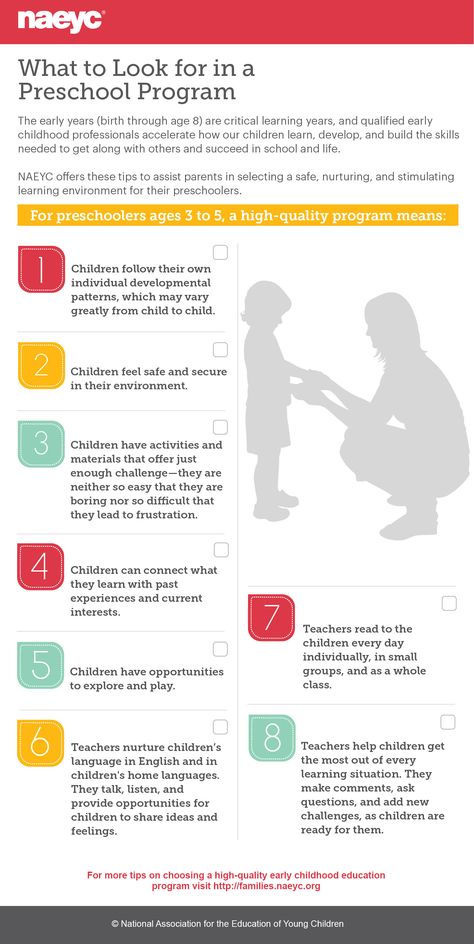 nine0004
nine0004
THE AUTHOR OF THE MODERN VERSION OF THE PUBLICATION IS SUNGORKIN VLADIMIR NIKOLAEVICH.
Messages and comments from site readers are posted without preliminary editing. The editors reserve the right to remove them from the site or edit them if the specified messages and comments are an abuse of freedom mass media or violation of other requirements of the law.
JSC Publishing House Komsomolskaya Pravda. TIN: 7714037217 PSRN: 1027739295781 127015, Moscow, Novodmitrovskaya d. 2B, Tel. +7 (495) 777-02-82.
Exclusive rights to materials posted on the website www.kp.ru, in accordance with the legislation of the Russian Federation for the Protection of the Results of Intellectual Activity belong to JSC Publishing House Komsomolskaya Pravda, and do not be used by others in any way form without the written permission of the copyright holder.
Acquisition of copyright and contact with the editor: [email protected]
At what age should a child be able to read
04/01/2021
The ability to read is one of the basic human social skills.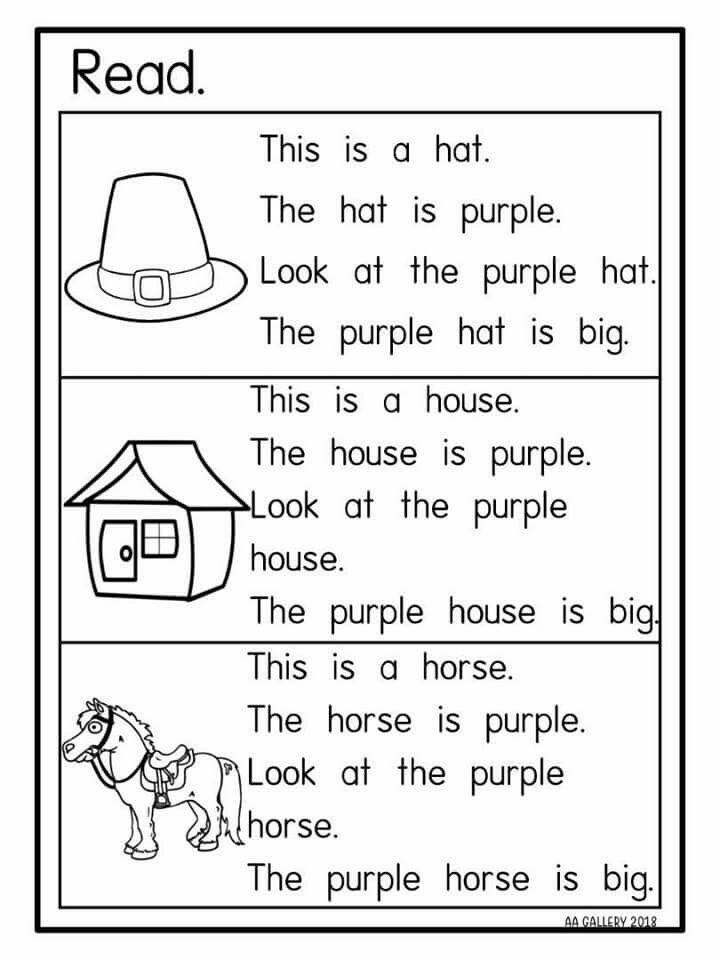 Without it, it is impossible to receive and transmit information, therefore this skill should be developed in every person. Modern parents strive to teach their child to read as early as possible, so that by the time they start learning, they already have some knowledge base. So when should a child start doing this?
Without it, it is impossible to receive and transmit information, therefore this skill should be developed in every person. Modern parents strive to teach their child to read as early as possible, so that by the time they start learning, they already have some knowledge base. So when should a child start doing this?
Content:
- When we start
- Learning Too Early - Why It's Harmful
- What the experts say
- Is it possible to instill a love of reading
- Choosing a teaching method
- Are there any downsides to learning to read at home
- Some important details
When we start
Experts do not have a common opinion about early teaching children to read, and neither do parents. Someone thinks that a child should get basic reading skills even before entering school: this will make it easier to adapt to the educational process. Others are sure that a teacher in the 1st grade should teach a child to read, since an unnecessarily early start to school is harmful for children: let them enjoy their childhood for now.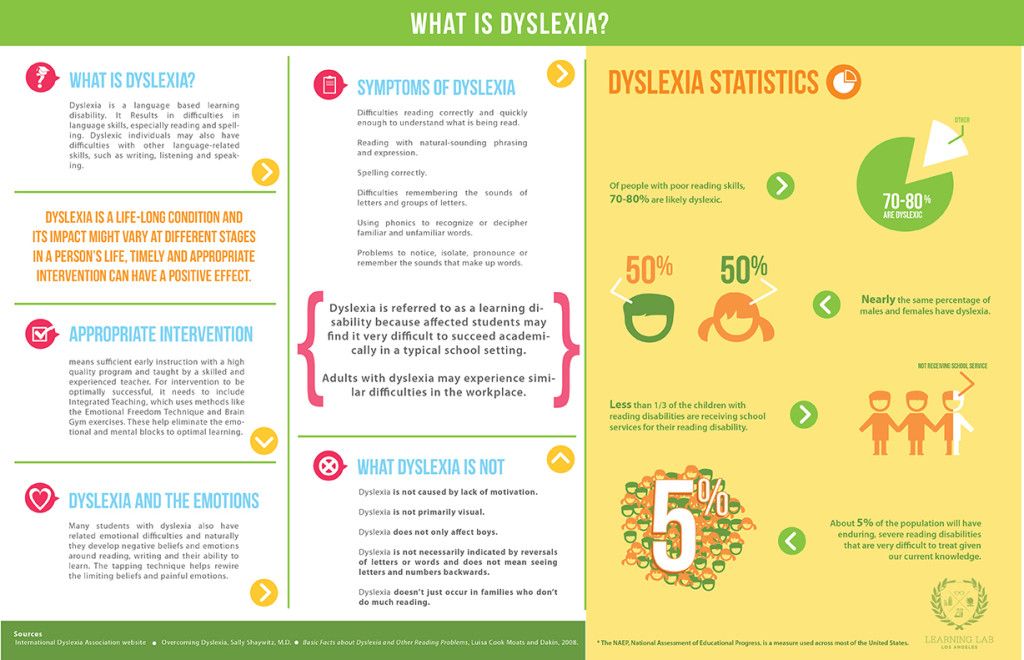 nine0004
nine0004
Learning too early - why it is harmful
The development of a child's cognitive abilities follows certain patterns, certain stages, it is undesirable to change or accelerate it, and often it is completely impossible. Until the age of five, children think figuratively - in pictures, and it is difficult for them to perceive information in the form of letters, numbers or other signs. And even having understood the general principle of reading, little students read, but they cannot understand the essence of what is written.
Learning to read early can lead to health problems:
- excessive brain tension;
- unusual blood flow to the cerebral hemispheres;
- visual strain.
Intensive classes can unbalance the development of different types of thinking in a child: the emphasis will be placed on the logical, and the figurative will be “abandoned”. Yes, the child will become better at remembering, speaking, analyzing, thinking logically, but the development of the right hemisphere will be slowed down, and it is responsible for no less important dreams, emotions, understanding of music and color.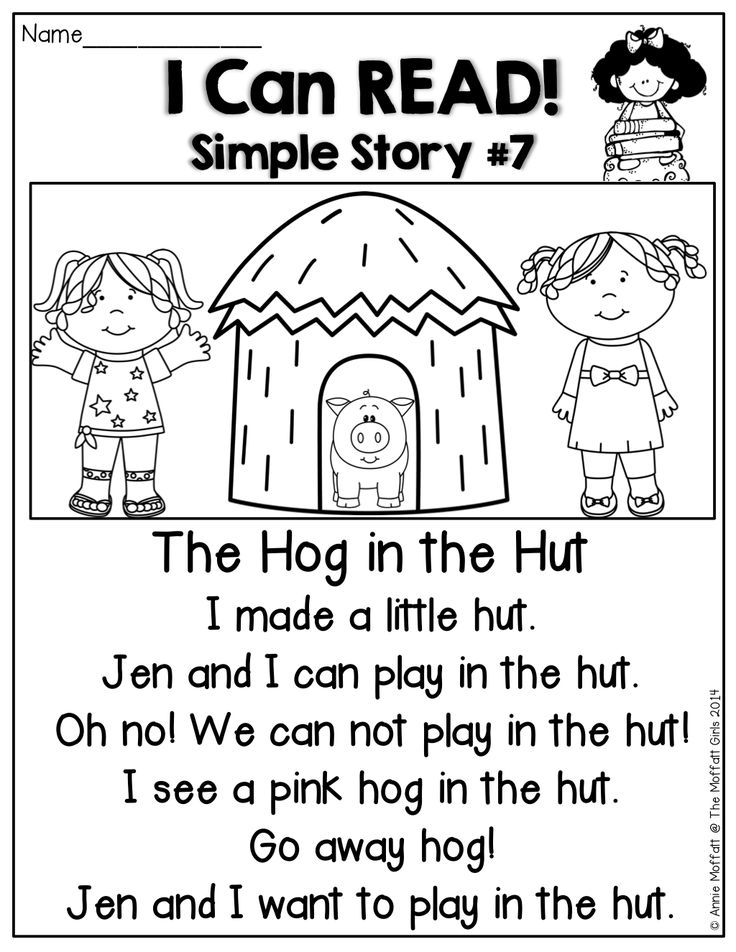 The emotional development of the baby will be somewhat retarded, and at an older age this may respond with serious problems in the form of:
The emotional development of the baby will be somewhat retarded, and at an older age this may respond with serious problems in the form of:
- lack of ability to empathize with others;
- difficulties with the correct understanding of their emotions;
- inability to identify one's strengths and weaknesses;
- difficulties with understanding one's own and social values;
- isolation and uncertainty.
It is known that many geeks are developed from early childhood, but most often, growing up, they do not have happiness and are poorly adapted to the realities of the world around them. Therefore, it is more important to raise a socially adapted person from a child than to teach him to read too early. nine0004
What the experts say
Psychologists, psychophysiologists and other experts recommend starting to teach a preschooler to read not earlier than he is 5 years old, but at the same time he must be ready to learn.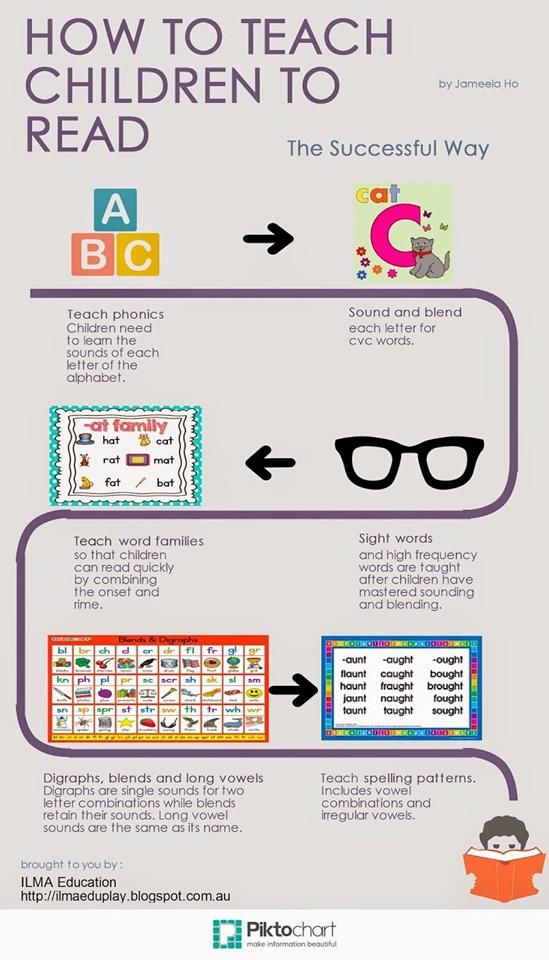 They say about it:
They say about it:
A healthy five-year-old child usually has all of these skills. And at this age it is time to get acquainted with letters and sounds, then by the time of admission to grade 1, the child will master reading at a sufficient level.
Is it possible to instill a love for reading
It is not enough to teach a child to read - he still needs to instill a love for this occupation. View your favorite books and read them, study the illustrations, get acquainted with the adventures of the characters. It is important that older family members show the child that reading is an amazing learning opportunity, and not a hateful duty. It will be useful if the child saw people with books in his close circle, then, imitating them, he himself will want to plunge into the world of literature. nine0004
It will be useful if the child saw people with books in his close circle, then, imitating them, he himself will want to plunge into the world of literature. nine0004
The first reading lessons should be conducted in the format of a game: in this way the material will be assimilated by the child easier and better, the child will not have time to lose concentration during the lesson, and avoid stressful experiences.
Choosing a teaching method
Today there are many methods to teach a child to read, it is important to choose the one that suits your child.
Perhaps the most popular method is classes in the classical alphabet (the alphabet itself can be developed by any author). The kid quickly remembers the letter, as it will now be associated with a certain picture. Later, you can move on to another well-known book - the primer and study reading by syllables from it. nine0004
Many techniques are based on the use of cubes or tablets.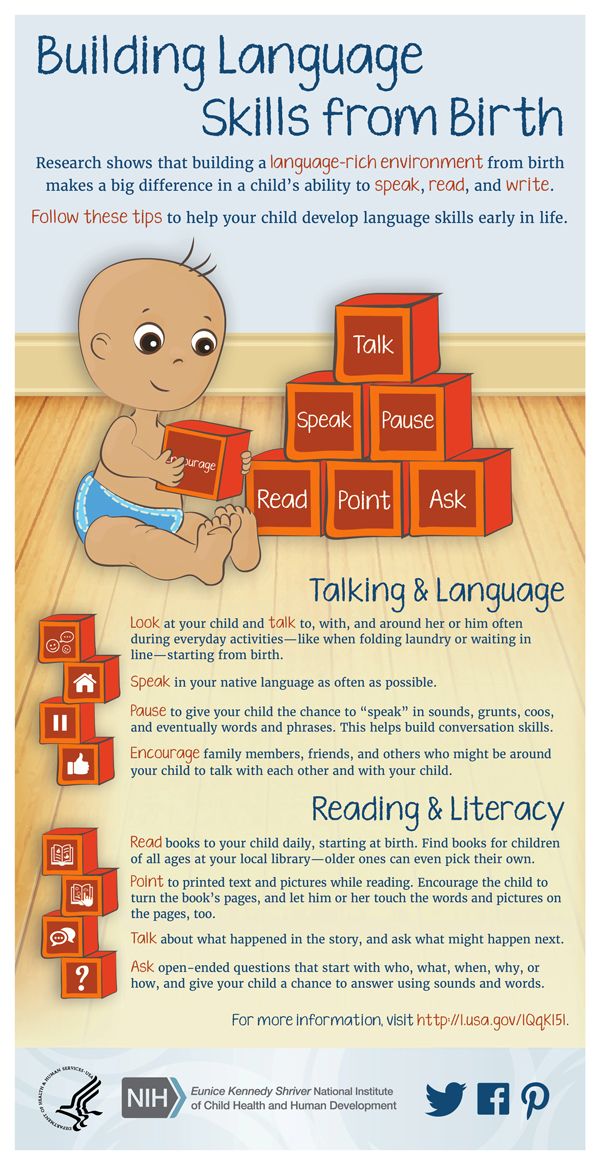 They are convenient and interesting, but are often criticized by school teachers. It is believed that such training misses a very important component - basic familiarity with the alphabet.
They are convenient and interesting, but are often criticized by school teachers. It is believed that such training misses a very important component - basic familiarity with the alphabet.
The most famous of these techniques:
- Zaitsev's cubes - the emphasis is on making syllables from individual letters and words from syllables, understanding vowels, deaf and voiced, hard and soft consonants. nine0108 Chaplygin cubes - training not only allows you to compose syllables and words, but also develops fine motor skills, and this will have a beneficial effect on the overall development of the child;
- Glenn Doman cards - learning is based on the use of visual memory: syllables and words are printed on cards, and the child remembers their spelling;
- "Skladushki" by Voskobovich - 21 cards with syllables, from which you can build houses with whole words.
The Montessori method is another well-known teaching option. Toddlers first master the letter, then move on to getting to know the letters, and then learn to read the syllables.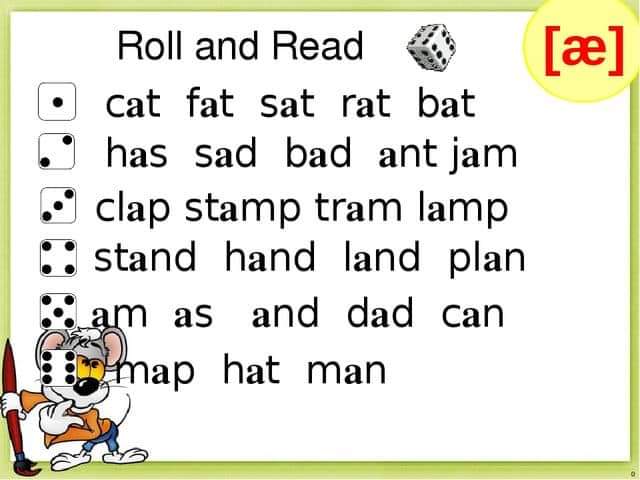 nine0004
nine0004
Are there any disadvantages of teaching reading at home
Lack of consistency is the main problem of independent lessons on teaching reading. In addition, at home, parents usually miss such an important part of the lesson as the sound analysis of the word, and the child may also have difficulty breaking down words into syllables. It is not easy to correct this mistake later, therefore it is better to immediately entrust a professional teacher to teach the child to read and write. It can be either a private tutor or a teacher of preparatory courses before the first grade - such classes are held today in literally every school. nine0004
A few important details
If you decide to teach your child to read at home, it is important to follow a few rules. All studies should be built on the principle “From simple to complex”, that is, you first need to learn letters and sounds, then you can start to compose them into syllables and only then move on to whole words.